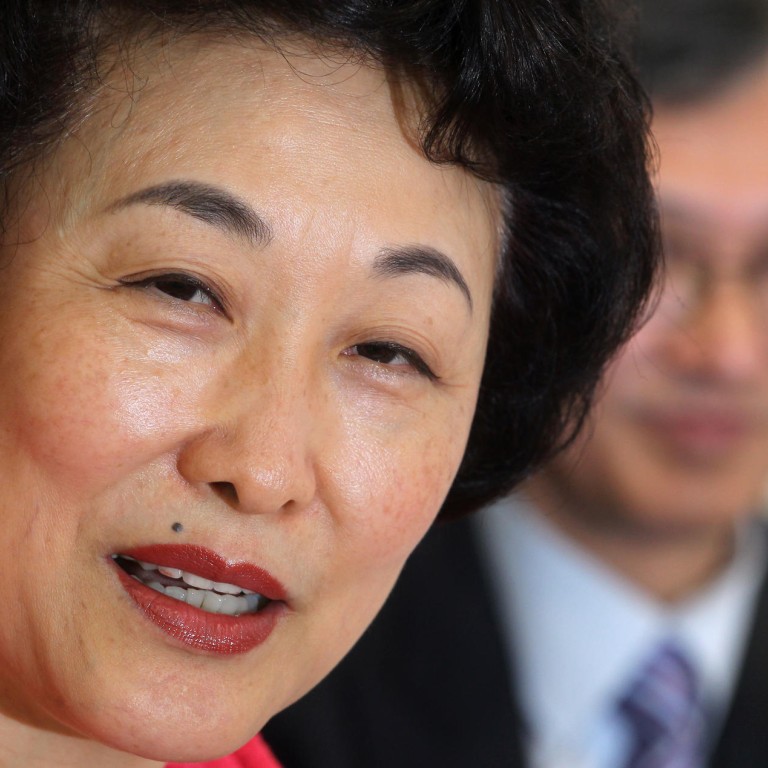
Central Policy Unit to take HK$20m fund from Research Grants Council
The Central Policy Unit, the city's most influential think tank, intends to resume administration of a HK$20-million funding scheme from the university-linked Research Grants Council next year, the council says.
The move by the organisation, which provides policy advice to the government, raises questions about its motives and doubts over its neutrality. One commentator said he suspected a political motive was at work.
The council said it received notification from the think tank on November 13 that it intended to "rescind" the annual funds and run the grants scheme for public policy research under its own administration.
"The Research Grants Council respects the plan of the Central Policy Unit, which oversees the policy and funding on the public policy research funding schemes, to change the mode of administration of the funding," the council said yesterday.
Last night, a spokesman for the think tank said it would invite academics to advise on the merits of funding applications and would ensure a fair vetting mechanism. But political commentator James Sung Lap-kung called it an attempt to rope in support from various other think tanks.
"The unit would use the money to appoint pro-government or pro-Beijing think tanks to conduct policy studies and surveys favouring the government," according to Sung.
"It would help the government to store more 'ammunition' for a public opinion battle, as unit head Shiu Sin-por had earlier said the unit would engage in such a battle."
Sung said that since the money came from the public coffers, the unit must exercise more transparency in vetting future funding applications.
The scheme was announced in the 2005 policy address, when Tung Chee-hwa was chief executive, to boost policy research. Every year, a sum of HK$20 million was allocated via the Central Policy Unit to the University Grants Committee, under which the council operated.
The council was responsible for inviting applications, evaluating proposals, deciding on funding awards, dishing out the money, and monitoring and assessing approved projects.
The neutrality of the unit was questioned after it employed Sophia Kao Ching-chi, whom Shiu said had to be informed on all appointments to advisory and statutory bodies.
The unit had also assigned staff members to collect public opinions expressed on the internet, prompting lawmaker Emily Lau Wai-hing to describe them as "internet police".
